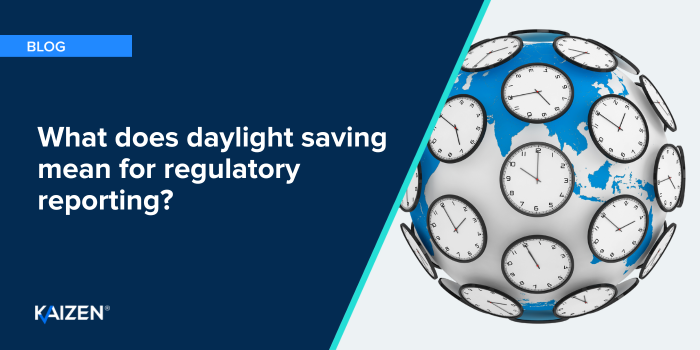EMIR Q&A –UK derivatives to be considered OTC

ESMA thoughtfully delivered a new Christmas edition of its EMIR Q&A on 21 December. It may not have been at the top of everyone’s Christmas list, but at least it hasn’t brought any unexpected pain. So, let’s unwrap it and see how it’s impacted EU EMIR trade reporting.
UK trading venues confirmed as OTC
As the UK has left the EU and its derivative markets haven’t been granted equivalency, it should be no surprise that any new derivative contracts traded on UK derivative markets will be considered OTC for EU EMIR reporting purposes. This will have the following implications for trade reporting to an EU trade repository:
- ‘Venue’ (2.15) – for trades in UK derivatives concluded OTC, the code ‘XXXX’ shall be used (as opposed to ‘XOFF’)
- ‘Clearing obligation’ (2.34) – this field will now need to be populated for trades executed on UK derivative markets
- ‘Intragroup’ (2.38) – this field will now need to be populated for trades executed on UK derivative markets.
This is exactly as we expected and consistent with previous post-Brexit transition communications.
There is no change to current practices when reporting to UK trade repositories. The UK FCA has taken a pragmatic approach and doesn’t treat EEA derivatives as OTC for EMIR trade reporting purposes.
What else is in the new Q&A for trade reporting?
ESMA provides wording to clarify the reporting technique for derivatives executed on a third country venue and cleared on the same day. So long as certain criteria are met, the reporting scenario for third country ‘ETDs’ is the same as EEA ETDs.
In practice, this is what the industry has already been doing – there is no real change.
Changes to Kaizen testing post transition period
Clearly, there are some changes to both the UK EMIR and EU EMIR reporting regimes after the Brexit transition period. Whether you are reporting to an EU trade repository, a UK trade repository or if you are unfortunate enough to have a dual reporting obligation, you can be rest assured that our quality assurance testing will continue to adapt to the changing regulatory requirements.
- If you would like more information on this, or to speak to one of our specialists, please contact us.
- To read the new EMIR Q&A, visit the ESMA website.


